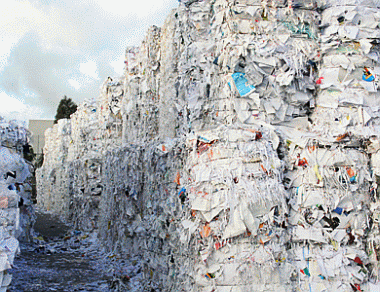In a world desperate to become “paperless”, we still tend to keep everything and anything. While digital filing can eliminate the need for bulky filing cabinets for a visually pleasing office, the chaos of digital files looms on your hard drive, your external drives and however many CD’s/DVD’s you have with “stuff” on them. But whether you are attempting paperless or still using the old-fashioned method of papers in a filing cabinet, there are ways to clean up your financial documents. With the new year rolling in and tax season upon us, why not set aside some time to make sure you are keeping what you really need? I have set up some guidelines for what to keep and what you can safely put in the trash bin.
Toss Every Month
ATM And bank-deposit slips, after you’ve recorded the amounts in your check register and checked them against your monthly bank statement. Credit-card receipts, after you’ve checked to make sure the item appears correctly on your monthly statement. Sales receipts for minor purchases, after you’ve satisfactorily used the item and if it has no warranty (and is not deductable). Phone and utility bills (unless you deduct them as business expenses.) Cable or other service bills can safely be tossed every month.
Toss After One Year
Monthly bank and credit-card statement (if you don’t itemize deductions). Monthly or quarterly brokerage and mutual-fund statements, after you’ve reconciled them with your year-end summary. Monthly mortgage statements, as long as your year-end statement clearly shows the total amount you’ve paid in interest and property taxes over the course of the year. Phone and utility bills (as long as you don’t have a home office, use your phone for business calls, or anticipate any need to prove long-term residency). Paycheck stubs, after you’ve reconciled them with your annual W-2 or 1099 forms.
Retain for Seven Years
W-2 AND 1099 forms. Year-end statements from credit-card companies and banks. Phone and utility bills (only if you deduct any portion for business expenses, have more than one home, or have moved within the past few years). Canceled checks and receipts/statements for: annual mortgage interest and property taxes, deductible business expenses, child-care bills, out-of-pocket medical costs, or any other tax-deductible expense.
Keep Indefinitely
Your annual tax returns./li> Your year-end summaries from financial-services companies. Confirmation slips that list the purchase price of any investments you own. Home-improvement records. Receipts for major purchases. (Any item whose replacement cost exceeds the deductible on your homeowners’ or renters’ insurance policy). Beneficiary designations.
Keeping files and papers that you don’t need just create more clutter. It leads to less productivity because you spend more time sifting through thousands of papers to find that needle in a haystack. Now that you have some guidelines, don’t you think it’s time you go through your files for a cleaner, more productive workspace?
